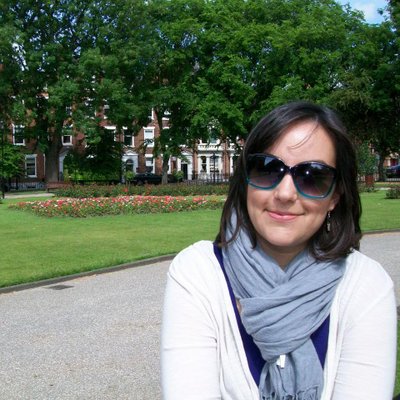Tiny Remnants
2024
Acrylic on cradled panels
16"w x 20"h x 9 panels
https://www.allisonhausladen.com/work/tiny-remnantsYou can see a photo of how the paintings will be hung if you scroll down
here.
The paintings in “Tiny Remnants” are all inspired by interactions between plants and creatures I saw in my yard since removing invasives four years ago, giving remnants room to grow, and restoring the land into a native habitat garden and food forest.
“Remnants” are lands unaltered by people. From 1820 to 1900, American colonizers converted almost all of Illinois’ 22 million acres of prairie into farmland. Now, there are only 0.01% of prairie remnants left in our “prairie state.”
Tiny remnants remind us of what was here before and hint at what we’re supposed to do to regain balance and heal our lands. Those few remaining remnants must stay protected, and then from that starting point, we can continue to restore already altered lands—including our own yards. In such a fragmented world, a native plant itself becomes a remnant of the past, capable of teaching us about the native life that depends on it.
Build and protect a native ecosystem around you, and watch life unfold.
Silent Prairie
2024
Acrylic on canvas
24"w x 36" h
https://www.allisonhausladen.com/work/silent-prairieThe prairie went silent late last summer, like the silent spring Rachel Carson reported DDT caused. The township’s mosquito-sprayers market a safe application, but my prairie said otherwise. Let’s all pay attention and ask tough questions. Let’s become citizen scientists, learn, opt-out, and save our insects to save our birds — for birds need insects to eat in the spring and summer and insects have a place in this world, too.
American Picturesque - View of the Driftless Area from Blue Mound
2024
Acrylic on canvas
16"w x 20"h
https://www.allisonhausladen.com/work/american-picturesque-blue-moundLike walking into a renaissance painting, the Driftless Area unfolds from southern Wisconsin’s highest point. This is the part of Wisconsin the glaciers missed 10,000 years ago, so it lacks glacial drifts—deposits of rock, gravel, and silt—and maintains its hills and valleys, unlike the plains surrounding it. Through conservation, we see the beauty of an early American wilderness, albeit sans the large mammals that inhabited it before European colonization.
Presenters 
Allison Hausladen is a painter based in Grayslake, IL. Through her art, she seeks to capture the feeling of a moment, a place, to better remember it. Increasingly, she is focusing on environmental themes, to inspire others to welcome and protect nature around them.

